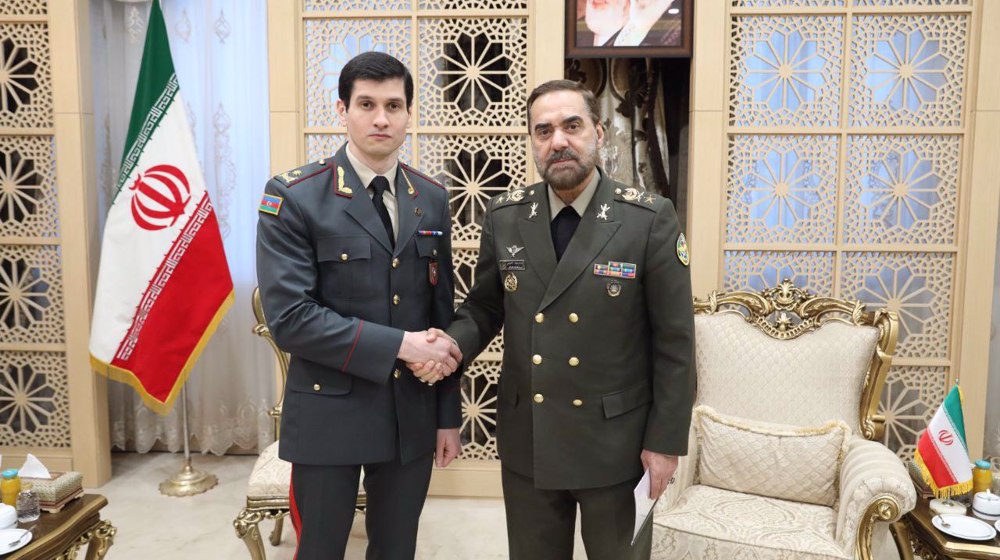Bangladesh ruling party rejects opposition plea for caretaker government
Bangladesh's ruling party has rejected an opposition party's demand for formation of a caretaker government ahead of upcoming elections due to be held in December.
A senior official from Prime Minister Sheikh Hasina’s Awami League party said on Wednesday that the demand was unconstitutional.
"Our prime minister told them there is no provision in our constitution to form such a caretaker government," said Obaidul Quader, the ruling party's secretary general.
Quader also assured that the Awami League would ensure a level playing field by preventing ministers from using government buildings or vehicles for the next three months.
The opposition Bangladesh Nationalist Party (BNP) of former prime minister Khaleda Zia however says formation of a caretaker setup is essential for a free and fair general election.
BNP Secretary General Mirza Fakhrul Islam Alamgir said that the party and its allies were still undecided whether to participate in the December election.
The BNP also pressed for a caretaker government at the last general election in 2014. When that demand was not met, it boycotted the poll.
The developments come as the BNP is in disarray after the jailing of its chief on corruption charges. The BNP says its leader has been jailed on trumped-up charges to keep her out of politics.
The ruling party on Wednesday also rejected BNP demands to reconsider Zia's sentence, which was doubled to 10 years on October 30.
"We told them the High Court already announced its verdict about Khaleda Zia," Quader said.
Zia was jailed in February after being convicted along with her son and aides of embezzling 253,000 dollars in foreign donations received by an orphanage trust set up when she was last prime minister — from 2001 to 2006. Zia has denied any wrongdoing.
Premier Sheikh Hasina and Zia have nursed a long and bitter rivalry as they have dominated politics in the poverty-stricken Bangladesh for more than two decades.
Some say the incumbent premier views Zia and the BNP as the main threat to her rule in Bangladesh, a country of 160 million, mostly Muslims.
VIDEO | Former FBI agent criticizes US Congress for 'outright corruption'
IRGC chief urges Muslim countries to cut aid routes to Israel
'New chapter in cooperation': Iran, Venezuela sign new MoUs
Jordan sentences former lawmaker for supporting Palestinian resistance
Basij volunteer forces hold massive drills in southwestern Iran
Israeli war criminals 'not welcome', US city says after ICC ruling
US vetoing of Gaza ceasefire resolution ‘disgraceful’: Iran’s UN envoy
VIDEO | IAEA adopts anti-Iran resolution tabled by E3











 This makes it easy to access the Press TV website
This makes it easy to access the Press TV website